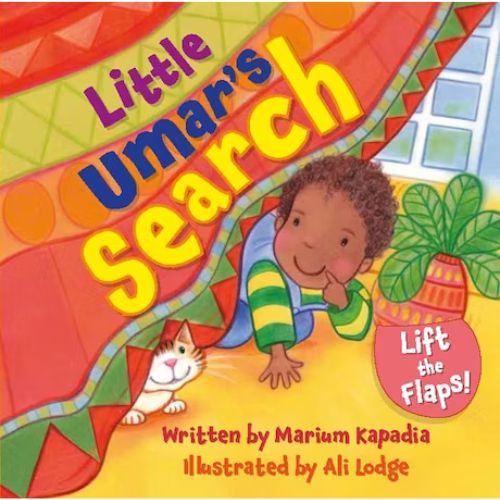This workbook is specifically designed for those struggling with obsessive-compulsive disorder (OCD) or, as is typically called in the Islamic and Arabic literature waswasa or al-waswas al-qahri in modern Arabic.
This workbook was written in order to assist them during their journey to recovery. OCD symptoms can interact with religious beliefs and practices in religiously observant individuals, resulting in what is known as OCD scrupulosity.
Oftentimes, when OCD takes on religious manifestations, individuals experiencing such struggles may be reluctant to seek out secular healing resources. This is because those afflicted with this condition are typically most concerned with religious rituals or aspects of their religious lives and, therefore, are likely to want to situate their treatment within the context of their religious faith traditions.
This is why they may be more likely to seek out religious clergy rather than mental health providers. It is precisely for this reason that we developed this workbook in order to provide an integrated approach to recovering from OCD that is presented in an easy to use and practical way.
This workbook is rooted in a therapeutic modality known as Traditional Islamically Integrated Psychotherapy (TIIP). This modality provides an Islamic framework for the integration of the behavioral and Islamic sciences. Thus, the workbook draws from both Islamic traditions as well as the modern psychological literature on OCD in order to provide optimal treatment strategies for Muslims struggling with this condition.

















































There are no reviews yet.